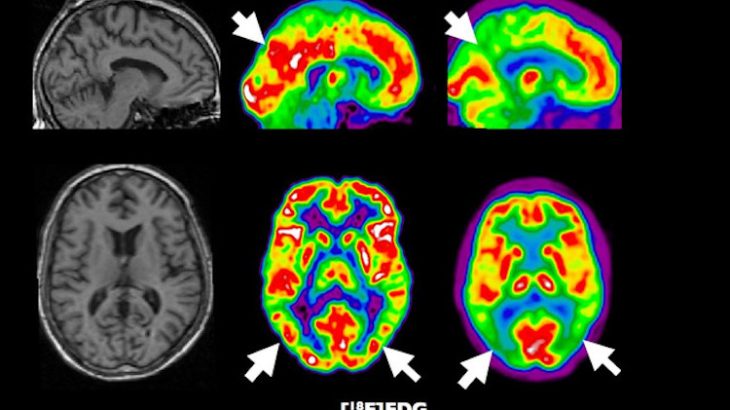
Zahra Nasser and Nada Salem, Chemistry editors People with diabetes have measured their blood sugar the same way since the 1970s – a painful daily prick of the finger. While most have no choice but to get used to this, it shouldn’t have to be that way. Monitoring technology has come a long way over […]







